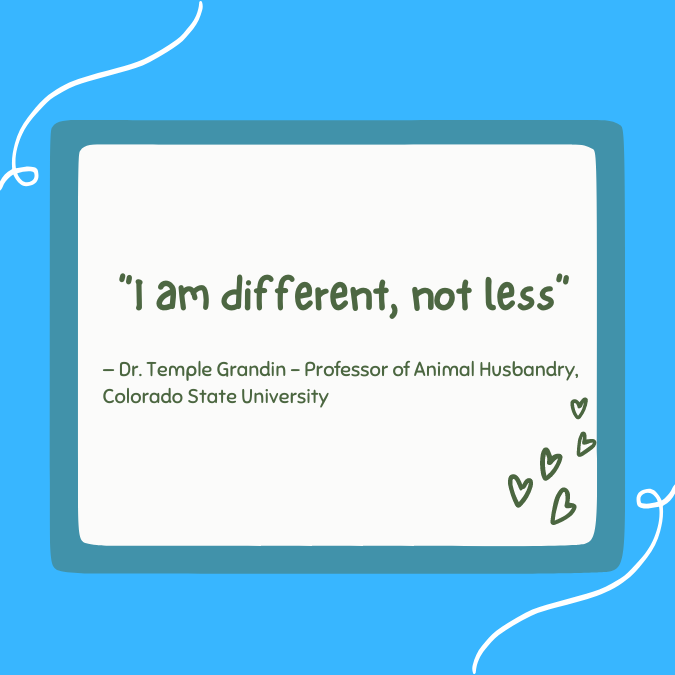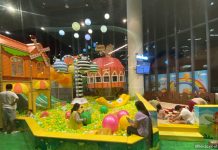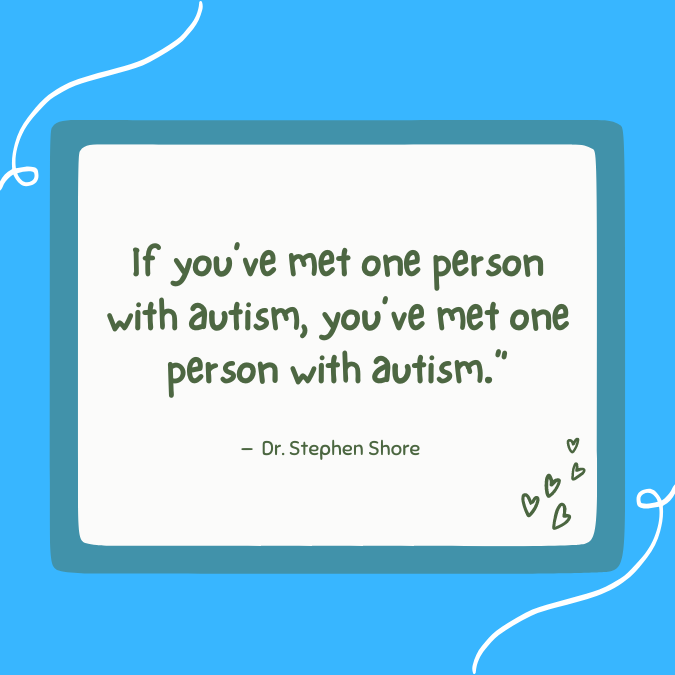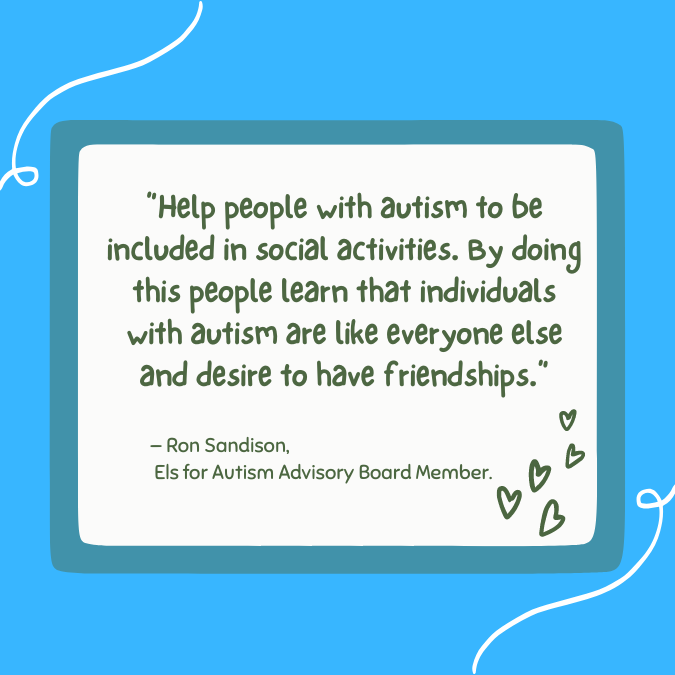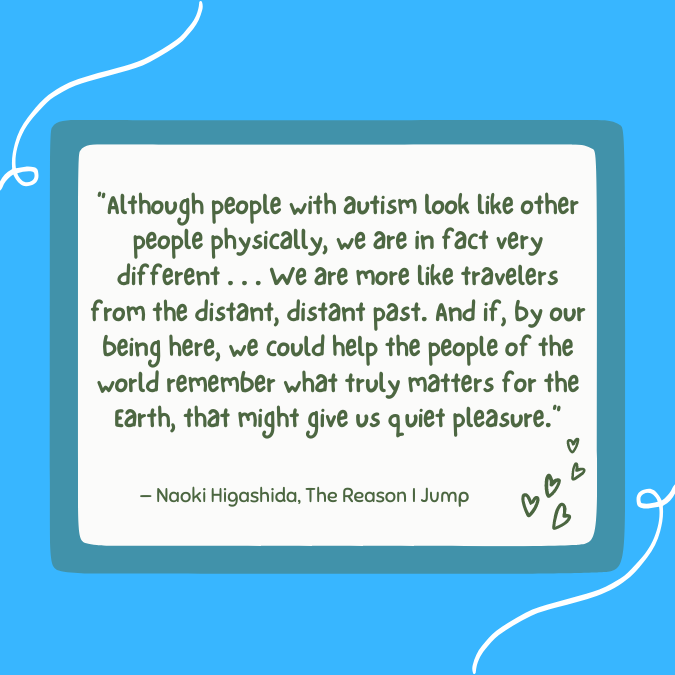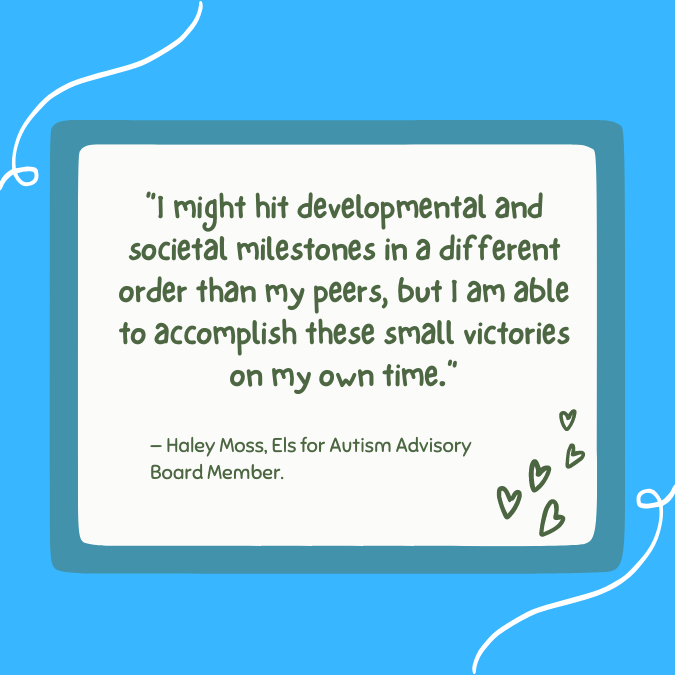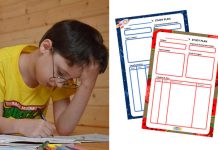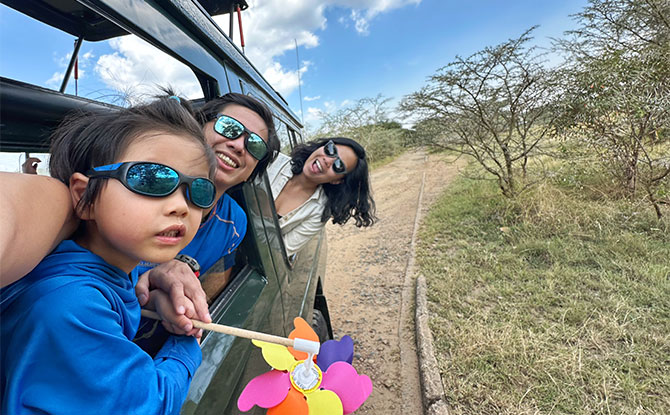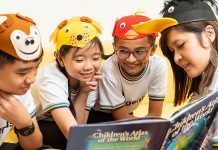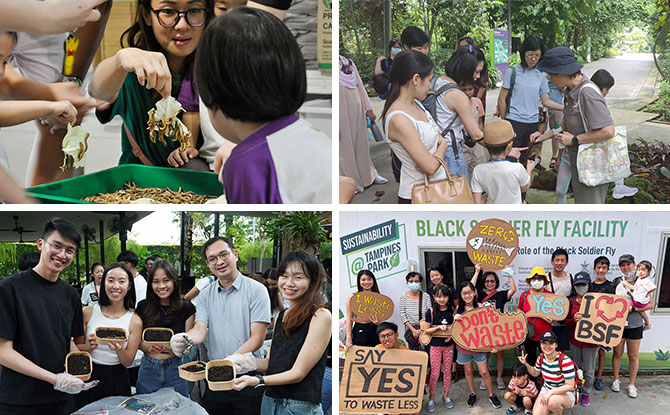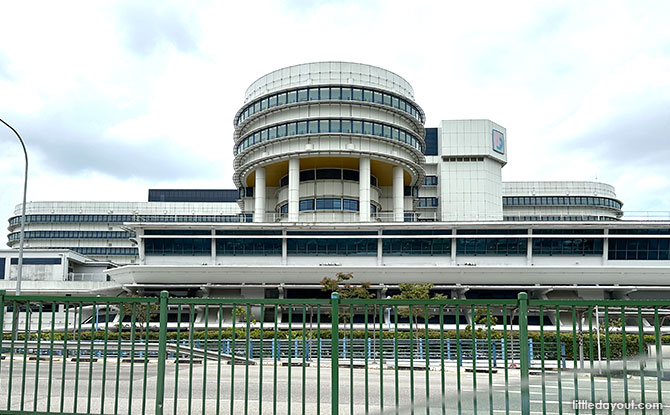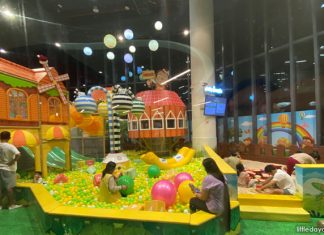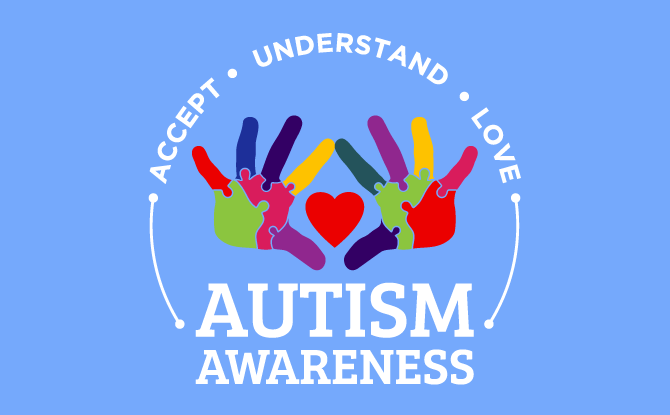
To commemorate World Autism Day on 2 April, we wanted to find out more about Autism Spectrum Disorder, which affects about 1% of the world’s population.
We might be familiar with characters on screen with autism including Sheldon Cooper, Attorney Woo, Forrest Gump, Raymond Babbitt. However, do they portray autism accurately?
First, let’s understand what autism is.
What is Autism?
Year-end Holiday Camps: Discover Fun and Exciting Camps for Kids; Book Early
Dec Fun: Get the Best Ideas for the School Holidays
Autism is a neurodevelopmental disorder. The development and growth of the brain and nervous system is impaired, causing people with autism to process information differently. Hence, they experience their environment around them differently.
Autistic people have sensory struggles with sight, sound, smell, taste or touch. This might mean their senses are more intense or more painful. They also struggle with interacting with others as they behave, communicate and learn differently.
What does “On the Spectrum Mean”?
People who are autistic are not all exactly the same as each other. They all have slightly different shades of the disorder.
Autism is properly known as autism spectrum disorder as each person has differing symptoms and levels of severity.
Symptoms of Autism
People on the spectrum can range from being gifted in abilities to severely challenged, or high functioning to low functioning.
Some symptoms include:
- Not making eye contact, preferring to be alone
- Unusual reactions to how things taste, look, feel, smell, sound
- Being either very interested or disinterested in people, not know how to relate to them
- Not noticing when people talk to them but respond to other sounds
- Having trouble understanding other people’s feelings
- Repeating words or phrases said to them
- Repeating actions
- Having obsessive interests
- Having trouble expressing needs using words or motions
- Needing to adhere to a routine and getting upset by changes
Diagnosing, Medication & Therapy
To diagnose autism, one must go through a developmental screening. A delay in normal development could be a sign of Autism Spectrum Disorder.
Studies show one third to half of parents of children with ASD noticed a problem before their child turned one.
Regular screenings are recommended at 9, 18, 24 or 30 months.
A diagnostic evaluation, which is a detailed screening, is then needed for an autism diagnosis. It can enable them to get better access to support.
There are various treatments and therapies for autism.
To manage aggressive and challenging behaviour for instance, a class of drugs called antipsychotics is recommended.
For depression, antidepressants might be helpful. However medical professionals should be consulted before taking any form of medication.
Autistic people may also benefit from talk therapy, sensory interventions, music therapy and animal therapy.
Living with People with Autism
We are all unique individuals, with our own quirks, strengths and weaknesses. Similarly, people with autism are fellow human beings with their own characteristics.
YouTuber Mark Rober has also shared about his son who is on the spectrum.
There are a few principles we can adhere to in helping autistic friends and family cope.
- Structure: Have predictable environment and routines. For instance, visual aids like photos, pictures help people with autism understand things.
- Be Positive: Use positive approaches and expectations to build self-confidence and self-esteem
- Have Empathy: See the world from the autistic person’s standpoint, empathy allows us to see what interests, frightens, motivates people with autism
- Ensure Low arousal: Keep noise levels down, spaces uncluttered and simple colour schemes.
- Maintain Strong Links with Others: Strong relationships help. A regular caregiver, therapist, structured days with fixed schedules are helpful.
Other Resources Related to Autism
To find out more about autism or to seek a comprehensive diagnosis, one can visit the following sites:
Autism Resource Centre Singapore: https://www.autism.org.sg/
Care Corner: https://www.carecorner.org.sg/service_category/children/
Darrasa: https://darrasa.org/
WeCAN Early Intervention Programme
Rainbow Centre Early Intervention Programme
SBCC Early Intervention Programme
Singapore Brain Development Centre (SBDC) Early Intervention Programme
Bridging the Gap Early Intervention Programme – there are government-subsidised Early Intervention Programmes available at 17 VWOs nationwide.


